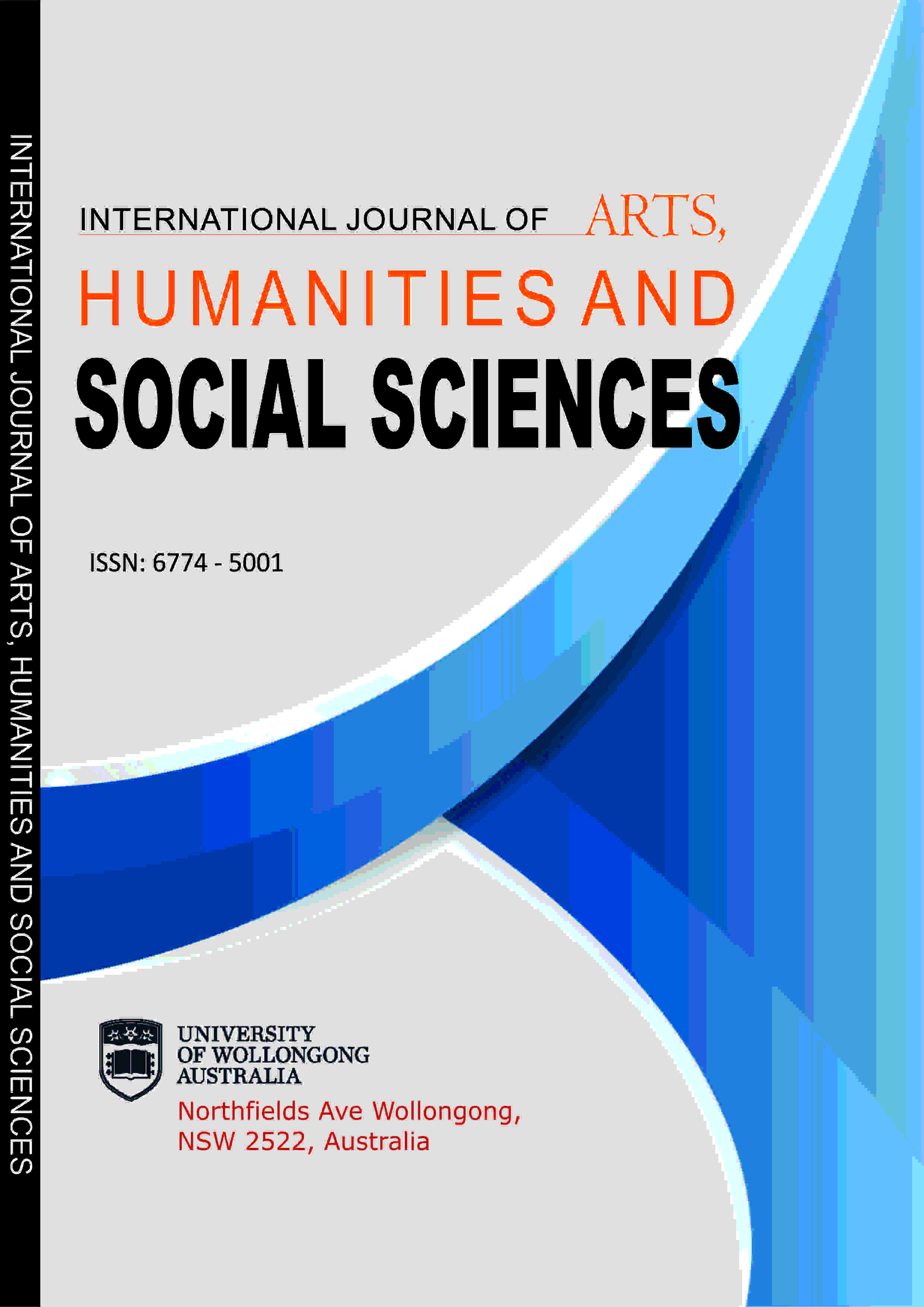INTERNATIONAL JOURNAL OF ARTS, HUMANITIES AND SOCIAL SCIENCES (IJAHSS)
PSYCHOSOCIAL FACTORS ASSOCIATED WITH RELAPSE IN ALCOHOL ABUSE AMONG YOUNG ADULTS IN LUSAKA, ZAMBIA
E-ISSN: 2579-048X
P-ISSN: 6774-5001
DOI: https://iigdpublishers.com/article/54
The aim of study was to explore the psychosocial factors related to relapse of alcohol use in young adults in Lusaka, Zambia. The study utilized phenomenological design to elicit descriptions of factors related to relapse of alcohol use. Department of Psychology, School of Humanities, The University of Zambia, between July 2019 and November 2019. Young adults (eight males and seven females) aged nineteen to thirty-five years were recruited from Chainama Hills hospital alcohol detox ward and the University Teaching Hospital psychiatry outpatient clinic. In-depth interviews were used for data collection. Themes and sub-themes were derived through content analysis of the transcribed interviews. Feelings of rejection, loneliness, dealing with negative emotions and poor psychosocial support from family and friends were associated with alcohol relapse. In addition to pharmacological therapy, psychotherapy and social support could be considered for treatment of alcohol abuse relapse among young adults in Zambia.
Phiri Menon
Drug Enforcement Commission. (2014). Speech by Commissioner, for Drug Enforcement Commission presented at the 2014 World Anti-drug Day Cerebration, Lusaka Zambia.
World Drug Report. (2014). United Nations office on Drugs and Crime. United Nations publication, Sales No.E.13.XI.6).
Salemink E, Wiers RW. (2014). Alcohol-related memory associations in positive and negative affect situations: Drinking motives, working memory capacity, and prospective drinking. Psychol Addict Behav. 28:105-13.
Global Status Report on Alcohol and Health. (2014). World Health Organization. Geneva, Switzerland: World Health Organization.
Adinoff B, Carmody TJ, Walker R, Donovan DM, Brigham GS, Winhusen TM, et al. (2016). Decision-making processes as predictors of relapse and subsequent use in stimulant-dependent patients. Am J Drug Alcohol Abuse. 42:88-97.
